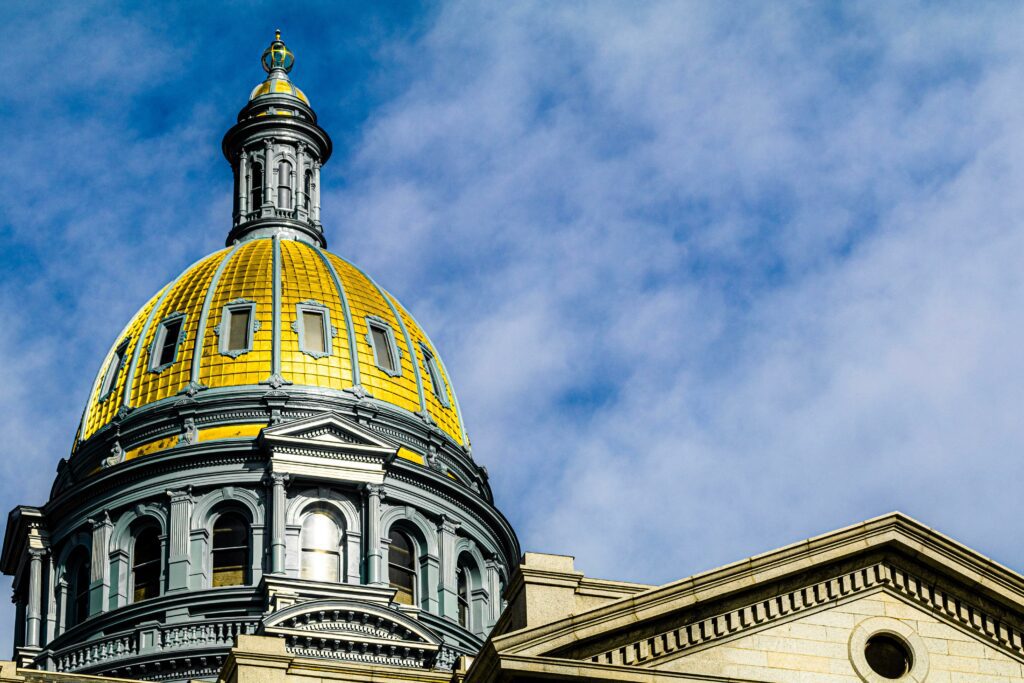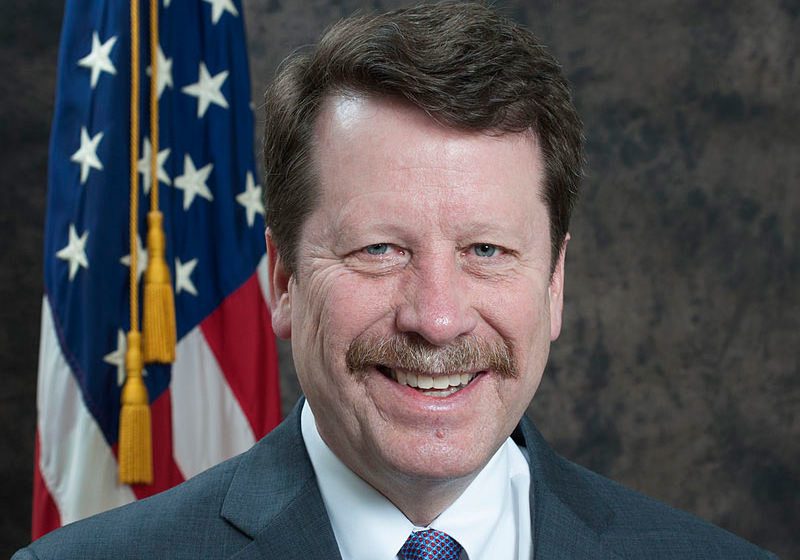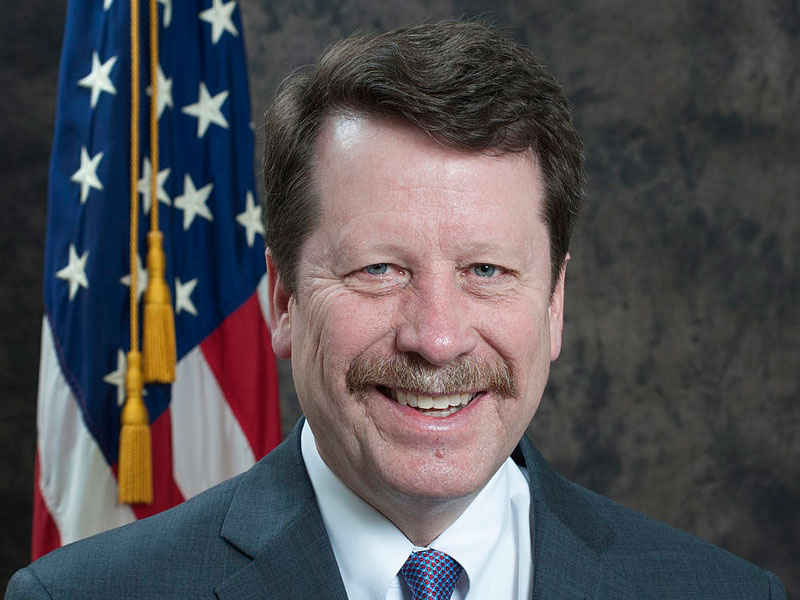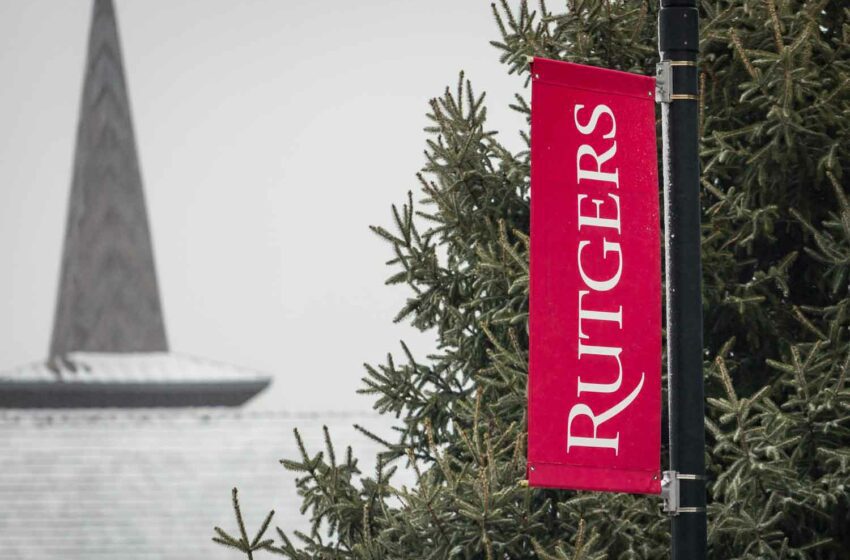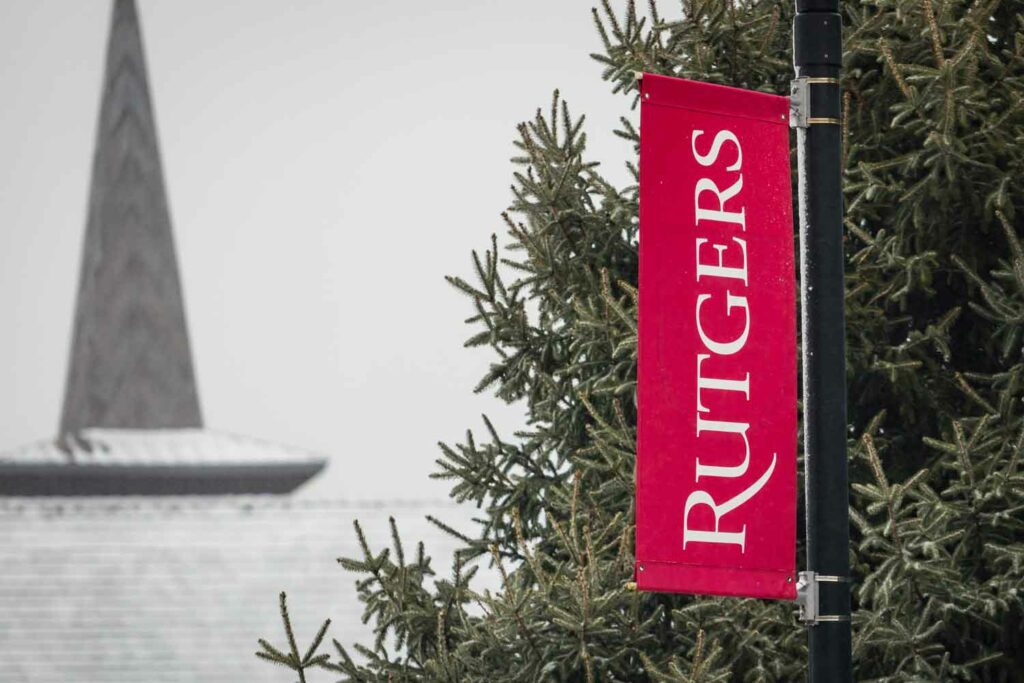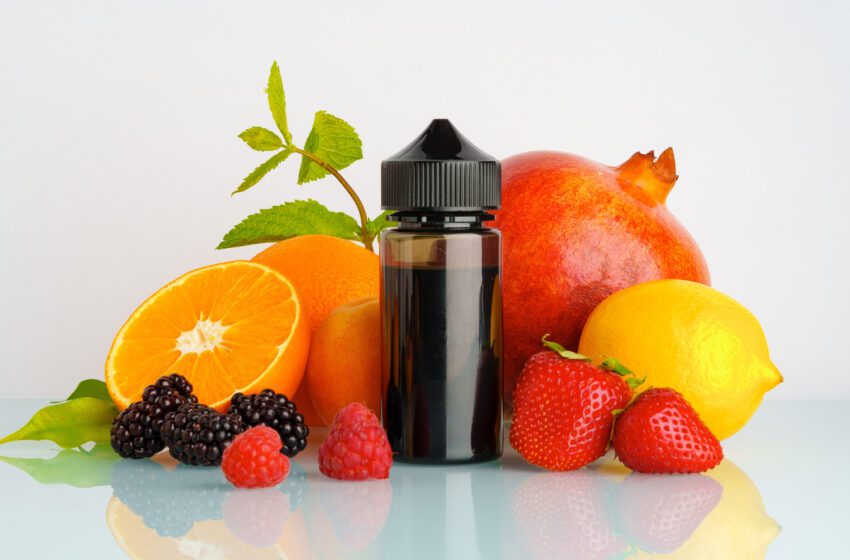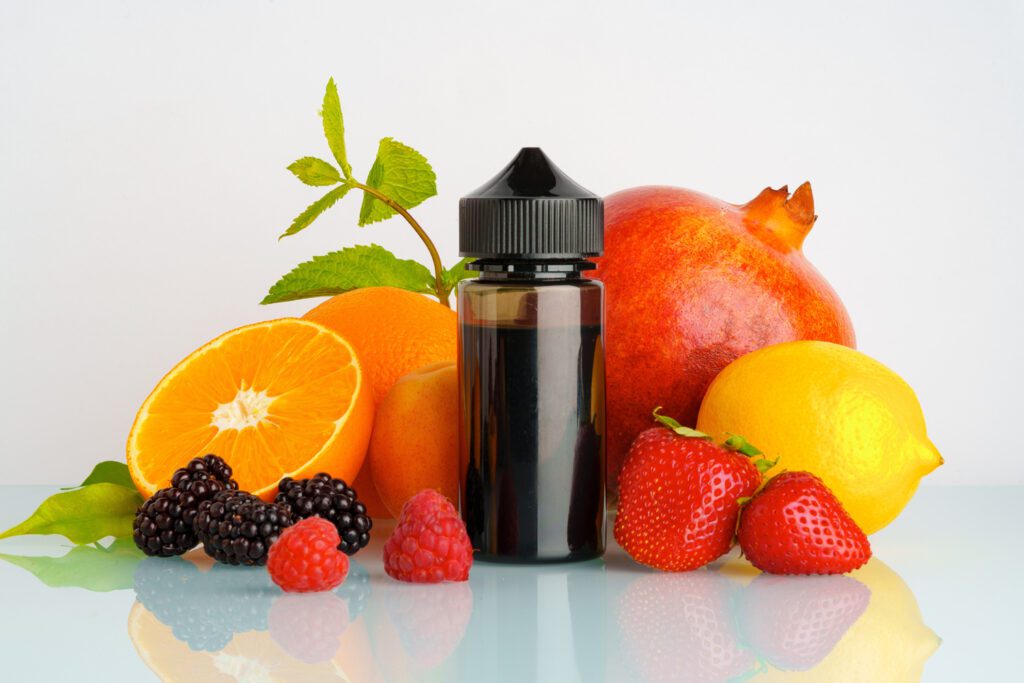U.S. health groups filed a second a second lawsuit against the Food and Drug Administration for the agency’s inaction on banning menthol cigarettes. The case comes more than seven months after the FDA’s initial date for finalizing the new rule.
“The relentless and racist tobacco industry targeting has killed too many members of the Black community,” said Carol McGruder, co-chair of the African American Tobacco Control Leadership Council, which filed the suit along with Action on Smoking and Health and the National Medical Association. “If Black lives truly matter, then we must end the sale of menthol cigarettes and do it now.”
The plaintiffs’ first lawsuit was filed on June 17, 2020. The initial complaint sought to compel the FDA to act on its earlier conclusions that removing menthol cigarettes from the marketplace would benefit public health. The lawsuit asked the court to compel the FDA’s determination on whether to add menthol to the list of prohibited characterizing flavors—a determination that the FDA delayed making for over 10 years. The joint lawsuit followed the 2013 Citizen Petition from the Public Health Law Center, which called on the FDA to prohibit the sale of menthol cigarettes.
“We’re extremely disappointed to be forced to file this second lawsuit against the FDA in support of protecting Americans from menthol cigarettes,” said Laurent Huber, executive director of Action on Smoking and Health, in a statement. “The FDA’s own research confirms that a menthol ban would save lives; there is no scientific reason to delay finalizing this rule.”
In 2011, the FDA’s scientific advisory committee concluded that the “Removal of menthol cigarettes from the marketplace would benefit public health in the United States.”
As a result of the plaintiffs’ first lawsuit, the FDA made the landmark determination to add menthol to the list of banned characterizing flavors in cigarettes. To begin that rulemaking process, the FDA issued a Notice of Proposed Rulemaking to ban the sale of menthol cigarettes in the marketplace. In response, the plaintiffs voluntarily dismissed their initial lawsuit.
After setting an initial date of August 2023 to issue its menthol rule, the FDA has unreasonably and unlawfully delayed this life-saving rule, according to the plaintiffs.
“As African American physicians, we are deeply disturbed at the continuing delays in FDA’s finalizing of the ban on menthol cigarettes,” said Yolanda Lawson, president of the National Medical Association. “Our patients, more than any other group, become disabled and die prematurely due to the continued use of these cigarettes,” she said.
The plaintiffs accuse the Biden Administration of falling for “disinformation and fear-mongering” by the tobacco industry. “The industry is sowing doubt and confusion and taking advantage of real issues in our country and claiming that removing menthol will harm Black lives, when just the opposite is true,” the groups wrote in a statement. “We remain disheartened to be forced to call on the Biden Administration to prioritize human life.”





